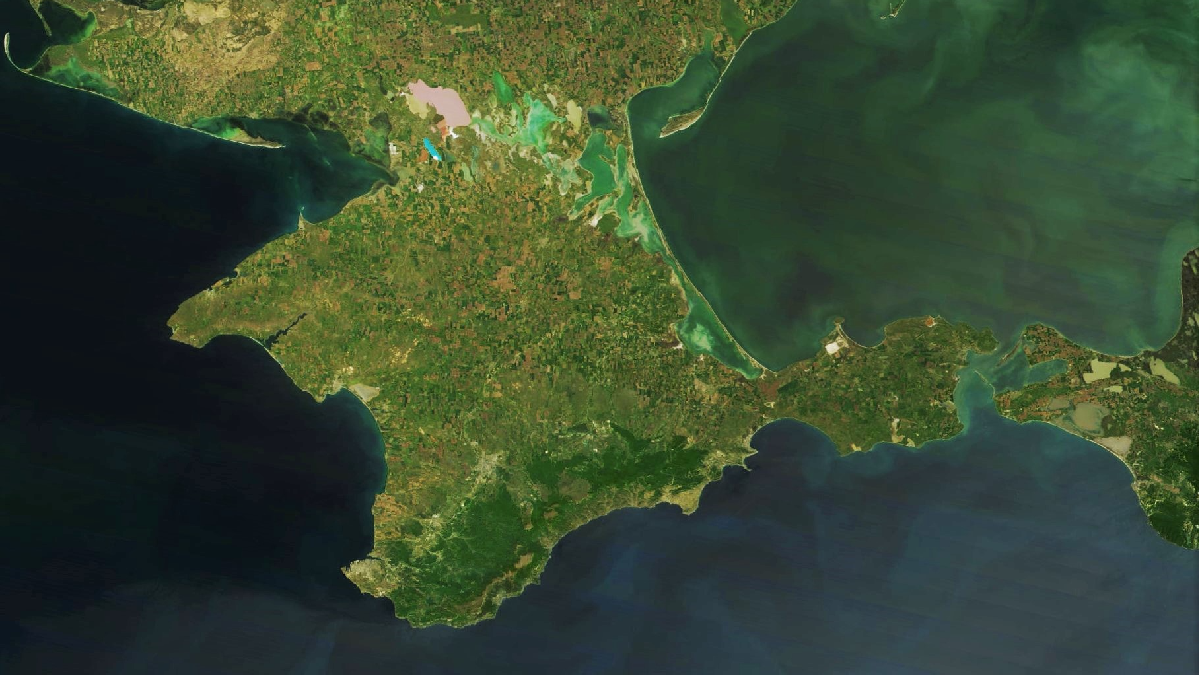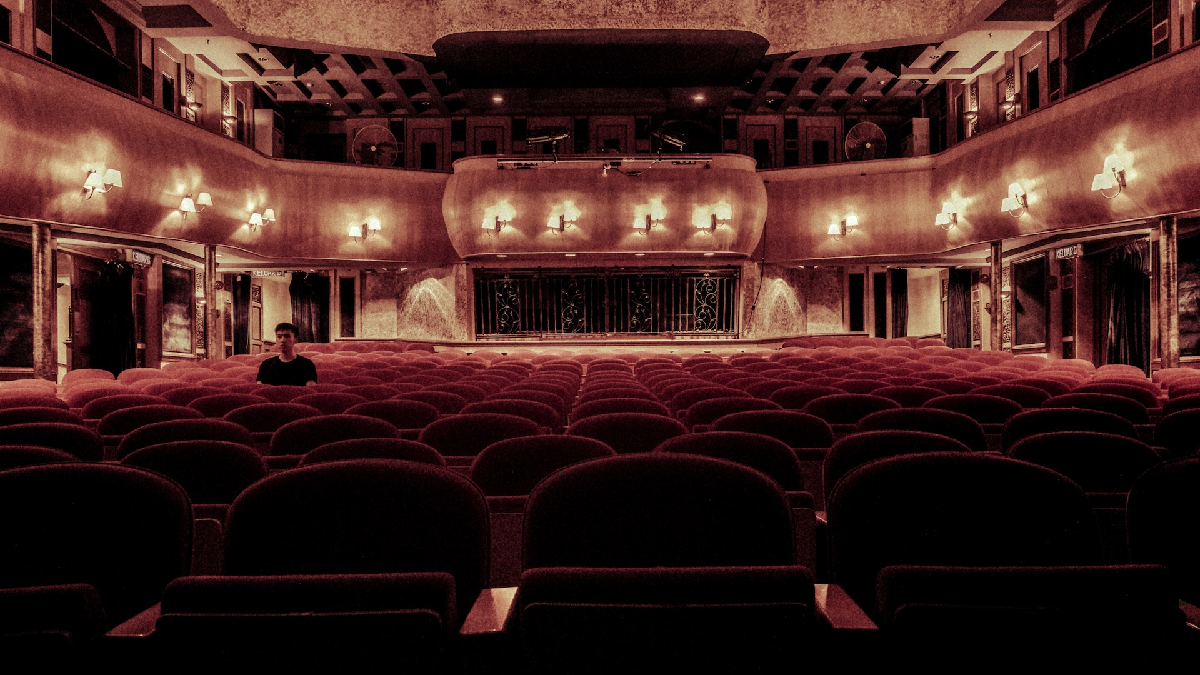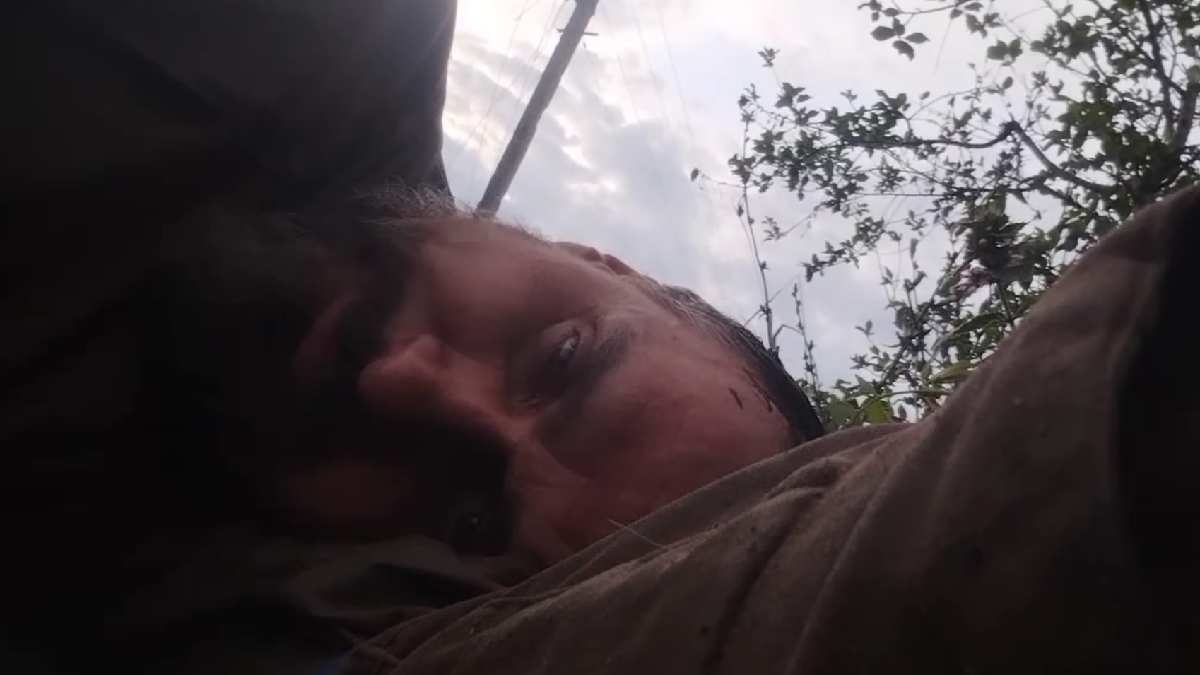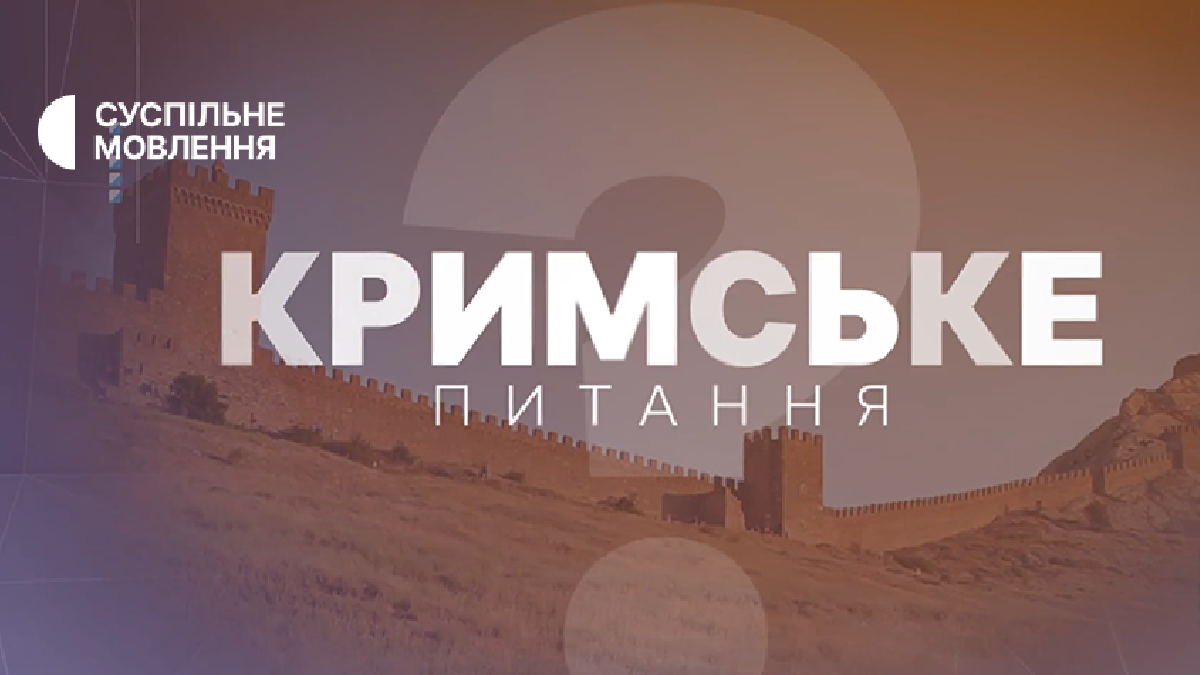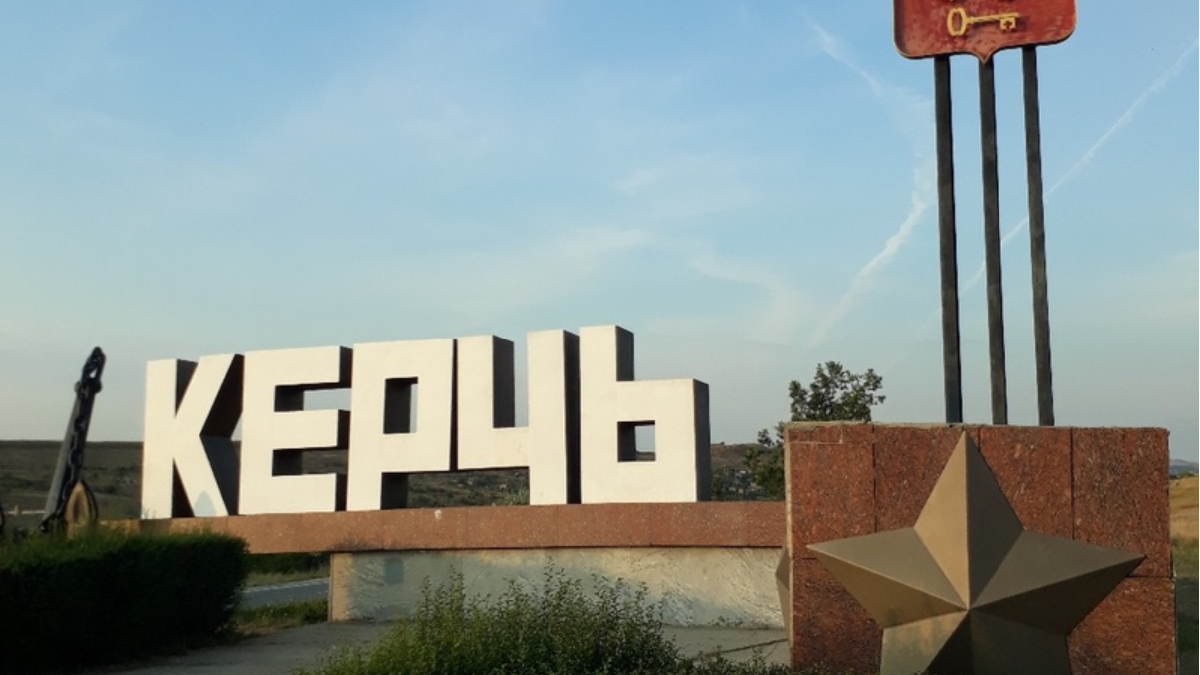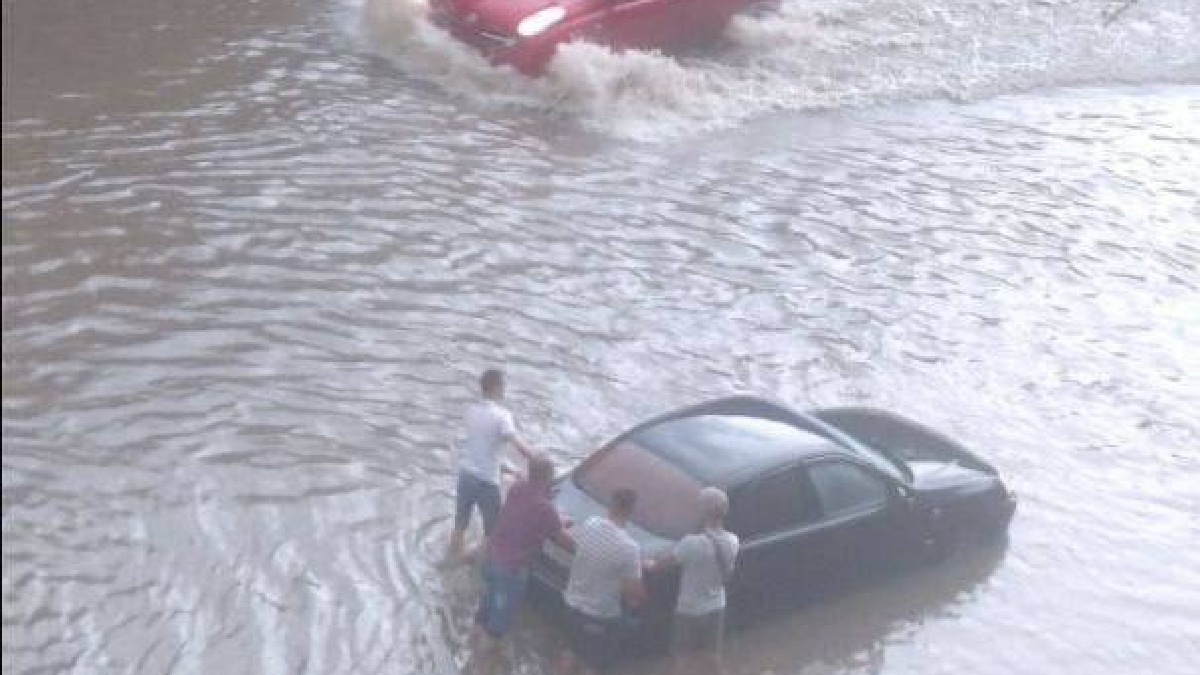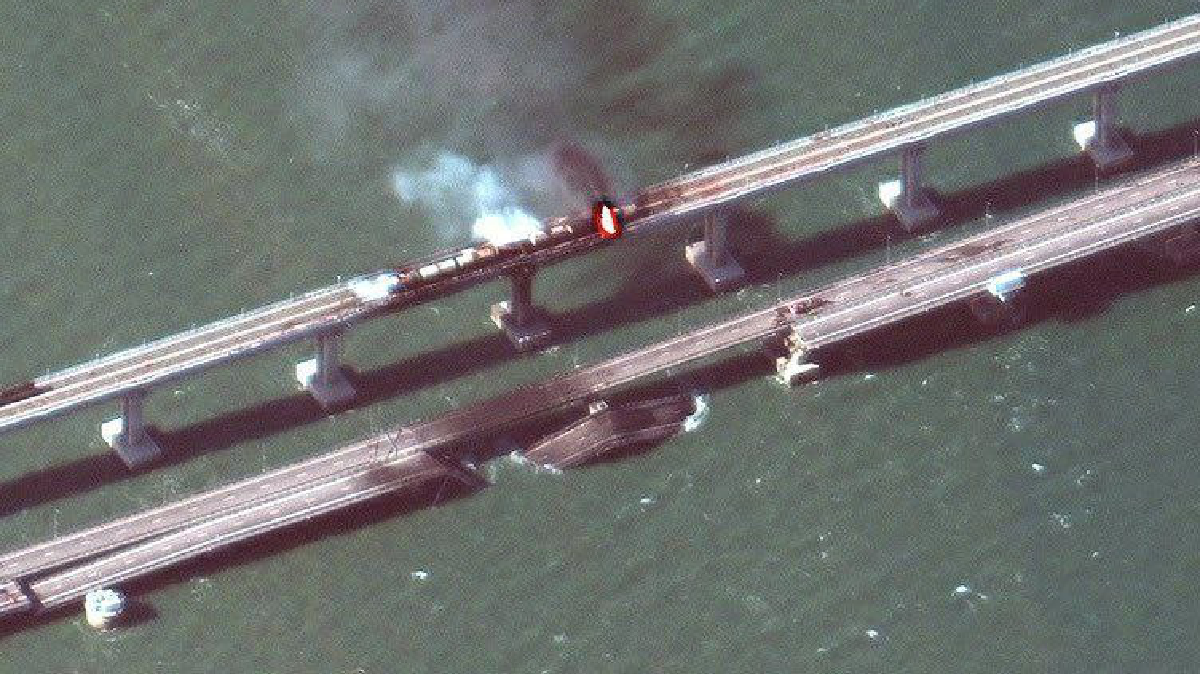The occupiers develop nature protection zones and turn the peninsula into a regime object. What is known
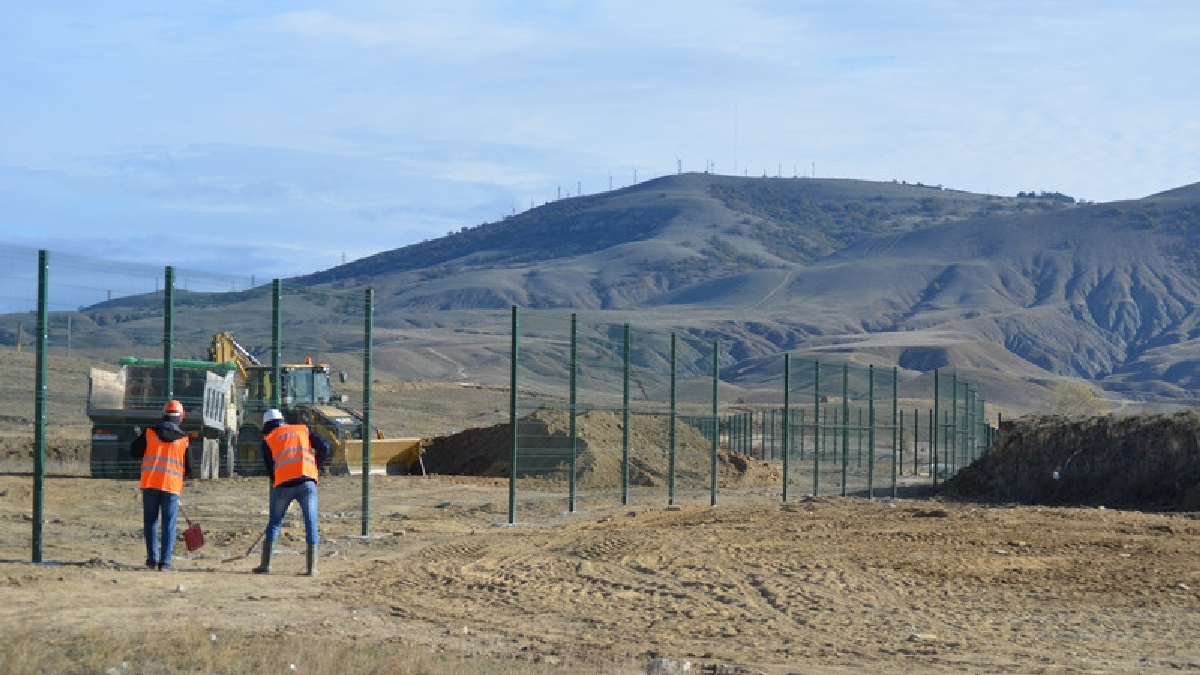
Since the beginning of the occupation of Crimea, the local authorities have been building nature protection zones and creating military bases. What consequences should be expected for ecology, Suspilne Crimea learned.
In May 2020, occupiers transferred part of the territory of Cape Meganom to federal ownership for the organization and holding of the Tavrida ArtRussia festival and the construction of the Tavrida Art Residence educational centre.
They fenced off the territory and brought equipment there.
“It was a good place for rest. Now everything is surrounded by fences, and we do not know whether it will be the property of the public or individuals. They do not say that, but there will be some kind of recreation centre for the Russian elite", - Crimean human rights activist Abdureshit Dzheparov told Suspilne Crimea.
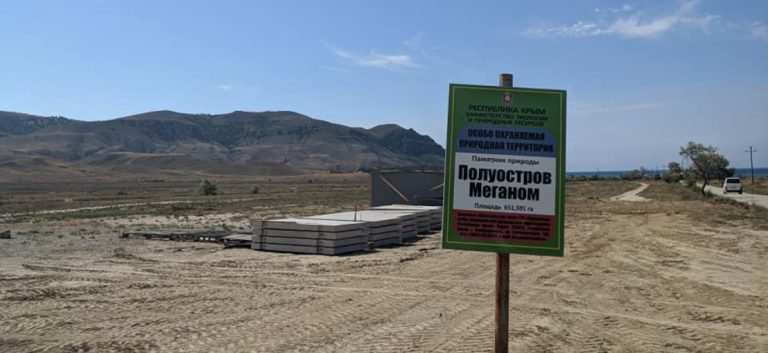
"Meganom Peninsula". Source: FB Megan SOS!
Locals protested against the development of the cape. In November 2020, one of the protesters, Rustem Abkadyrov was summoned for a "preventive" conversation by officers of the occupation Center for Countering Extremism. They warned him about the inadmissibility of extremist activities.
There were attempts to resist the construction, but Russia suppressed all attempts of the people.
“They are building something permanent there. There is an area of 500 meters from the sea, and everything is fenced”, - Dzheparov said.

Sketch of Cape Meganom nature monument. Source: Tavrida Art
In 2007, a natural monument was created on the territory of Cape Meganom, which was taken under the protection of local authorities.
After the occupation of Crimea, part of the protection zone was illegally transferred to a recreation zone and built tourist infrastructure, which will have consequences.
“Soil erosion will occur through the construction, and this may lead to a threat of erosion of the entire soil layer from this area, i.e. the whole area will turn into badlands, which we see in Fox Bay east of Meganom. It is impossible to build there at all because it poses a threat to salt flows”, - the ecologist at the Institute of Zoology Pavlo Goldin explained.
In another part of occupied Crimea - near Yalta and Foros - the occupiers fenced the recreational areas with fences.
Foros Park, founded in 1834, is a monument of landscape architecture of Ukraine.
“There were relict trees in this park that were planted hundreds of years ago. Now they have been cut down and decorative thuja trees have been planted in place of trees. What we have lost in Crimea can not be overlooked. To prevent the public from entering, they protected themselves with safety fences. But what kind of security can there be if people had been going there for decades and everything was fine", - Dzheparov said.

Foros Park. Source: Center for Investigative Journalism
Ecologist Pavlo Goldin noted that such unprofessional reconstruction of parks also harms the local natural flora of that habitat.
On March 11, 2021, it became known that the next object - a sanatorium, occupiers want to take away for military needs. The name of the sanatorium is not disclosed.
Military expert Oleksandr Musienko told Suspilne Crimea that a whole company, i.e. 150-200 people, could be accommodated in this sanatorium.
"Compared to 2014, the Russian military has increased to about 300,000. Conditions on military bases, military camps are not provided for the accommodation of so many people. Accordingly, they are already capturing sanatoriums - places that were set aside in Soviet times for medical and resort purposes", - said Musienko.
According to ecologist Pavlo Goldin, military exercises in occupied Crimea take place in untouched natural areas and reserves.
According to human rights activist Abdureshit Dzheparov, the occupying power is turning the peninsula into a regime facility.
"One of my friends said: ''I used to go hunting in the mountains, in the woods. And now I go out in the mountains, a man comes up and says I can't go there, I go out in the woods to hunt - it's the same''. That is, not just the coast, parks, squares - in general, most of the mountains and forests have become the property of some people in Crimea", - the human rights activist said.

